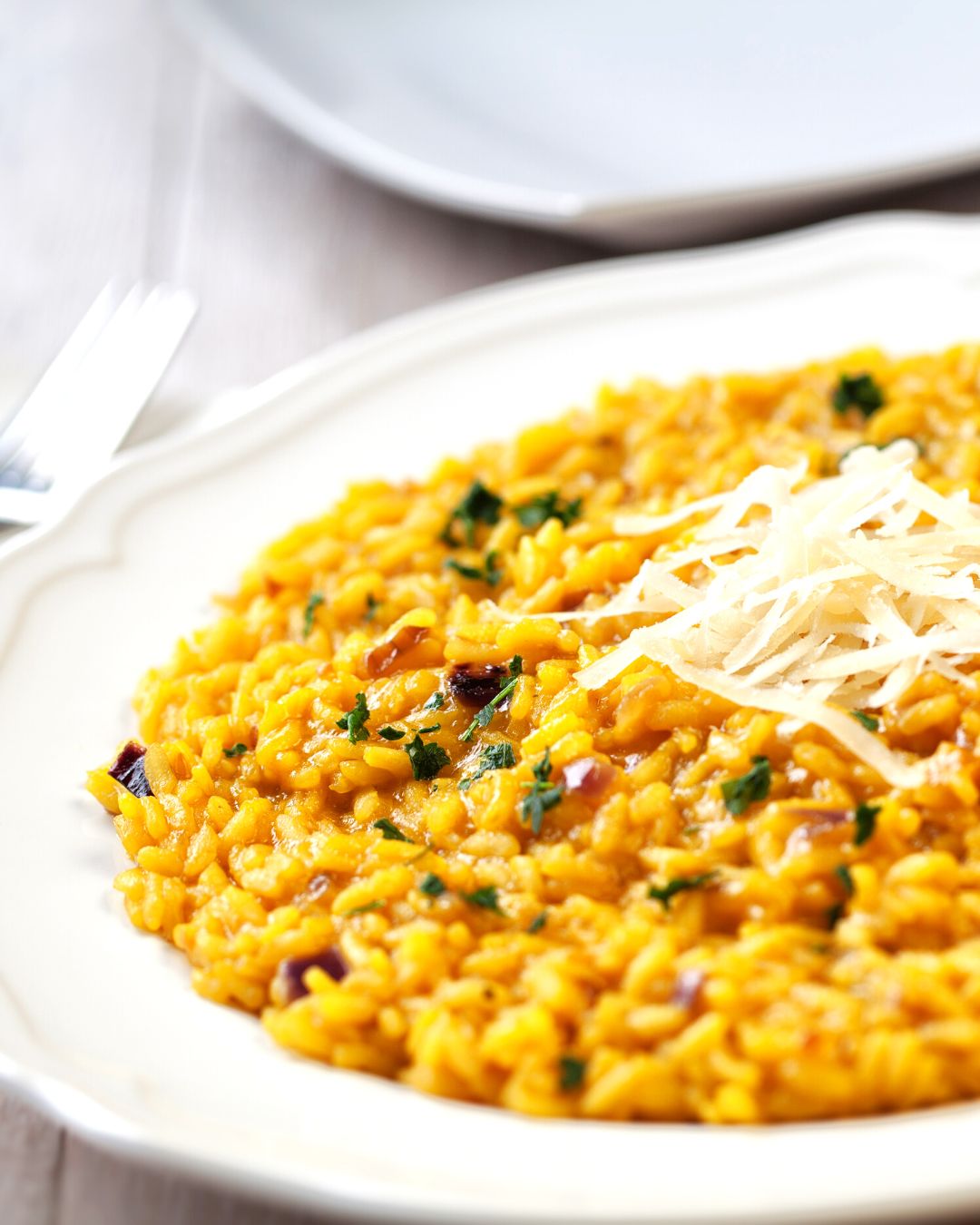
Getting to grips with your metabolism
Everything you need to know about metabolism! A hot topic when it comes to nutrition, we have laid everything out here so you can get to grips with understanding it.
What is metabolism?
Often confused with how quickly food is digested and leaves the body, metabolism is actually a set of processes (on a cellular level) that turn food into energy (calories burned) which are used to do all your daily activities, including breathing, organ functioning, walking, working, etc. A fast metabolism means that more energy is available for use instead of being stored as fat.
Differences in metabolism can be observed by how easy or hard it is to lose or gain weight. Those with a faster metabolism may benefit relatively quickly from simply reducing calories, while those with a slower one may find calorie-cutting ineffective and need additional strategies. However, in most cases, metabolism only accounts for a minor proportion of weight loss / weight gain.
Can we change our metabolism?
It is possible to give your metabolism a little push, however that is all it is - an extra push that may help to burn more calories, if it is part of a generally balanced lifestyle. Nonetheless, food is so much more than just calories and although a calorie is equal to a calorie in terms of energy, not all calories are created equal.
What factors affect our metabolism?
- Genetics → The rate of metabolism is largely out of one’s control, as some people can eat anything they want, while others struggle to feel energetic and confident in their bodies.
- Interval training → Interval training helps to continue to burn calories after exercise is finished. This does not necessarily mean doing HIIT workouts. It can also be jogging or cycling and stopping to wait at traffic lights, or even power walking with periods of slower walking.
- Muscle mass → Muscles may add to aesthetics, but their metabolic functions are much more important. In terms of metabolic rate, it takes more energy to build and maintain muscle mass, meaning that muscles burn more calories than fat.
- Get your daily protein in → Not only does protein help to build and maintain muscle mass, but it also takes longer for the body to break protein down, meaning that it burns more energy in the digestive process.
- Physical activity → Regular physical activity helps to build muscle mass, which can add to burning calories at a faster rate even at rest. Keep in mind that this may mean that your appetite increases with the intensity of exercise.
- Health conditions → Disease can negatively affect metabolism. As mentioned at the start, metabolism refers to molecular processes. Mitochondria are part of each cell that is referred to as the “powerhouses” of each cell that produce energy. Due to incorrect nutrition and unhealthy lifestyle, cells are able to let the fuel inside the cells, but the mitochondria is not able to produce energy out of that fuel. Hence a person may be feeling chronically fatigued, although their caloric intake may be more than sufficient. Over time, this can result in metabolic diseases, like diabetes, heart disease, inherited high cholesterol, and multiple other diseases.
- Gender → Men generally have faster metabolisms than females, but this is not due to gender in itself, but due to the differences in body mass composition. Men tend to have more muscle mass, while women have a lower muscle mass percentage and a higher proportion of fat mass. It is normal and natural for females to have a higher proportion of fat tissue, as this adaptation allows them to have energy reserves to potentially develop and grow a foetus.
- Age → The basal metabolic rate - the rate at which the body burns energy at rest to maintain its essential functions, decreases with age. The body performs its functions slower. Also, muscle mass naturally decreases with age, which is known as sarcopenia (muscle wastage and loss of strength). All of these factors contribute to a slower metabolism with increasing age.
- Diets → Low calorie diets and dieting in general can negatively affect the rate of metabolism. Perhaps it has happened to you too, when you eat so little, but you feel your weight is being stubborn, staying the same or even increasing? This is a common consequence of incorrect nutrition.
Are there foods that increase or slow down your metabolism?
There is some validity to the information about certain foods being able to boost metabolism, but the truth is often exaggerated. This is because studies examining the effects of potentially metabolism-boosting foods are often performed in those with a higher body mass index (BMI), meaning that there is more weight to lose to begin with, hence why these foods may seem more effective than in people with a normal BMI.
Nevertheless, some research does indicate that green tea extract catechin, capsaicin from cayenne pepper and ginger can potentially have metabolism-boosting effects. Unfortunately, these effects are small, meaning that a balanced diet including those foods, as well as a large variety of other plant-based foods remains the most solid and trusted solution.
An exciting area of new research hints that gut microbiota may interfere with the intake, use and expenditure of energy. At Kurami, gut health is at the forefront of everything we do, ensuring plant variety and nutritionally balanced meals by our nutritionist & chefs.
Sources:



